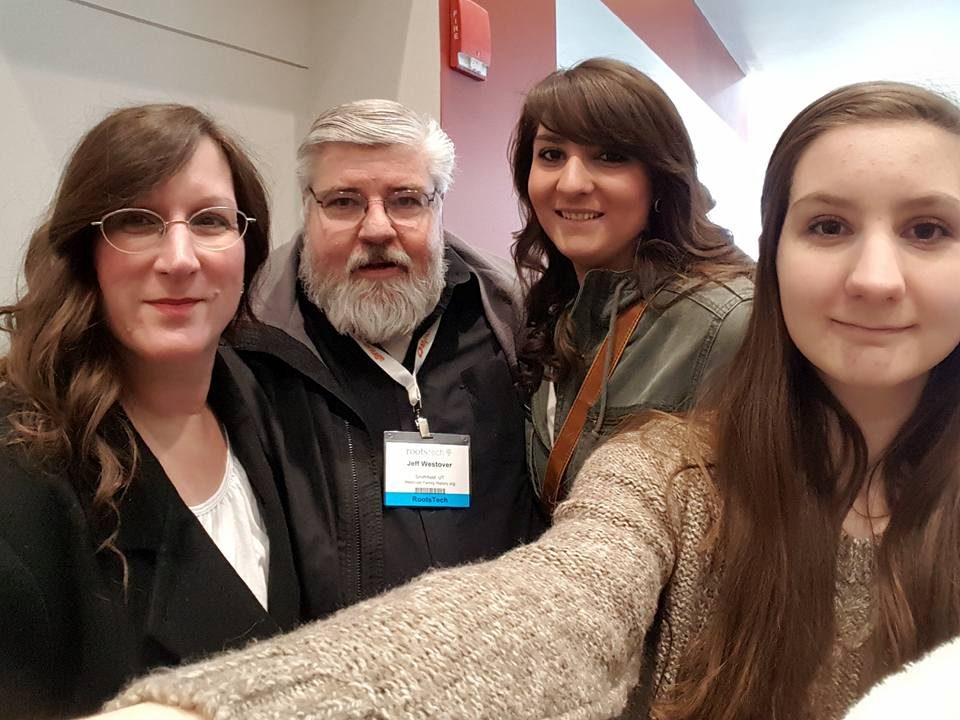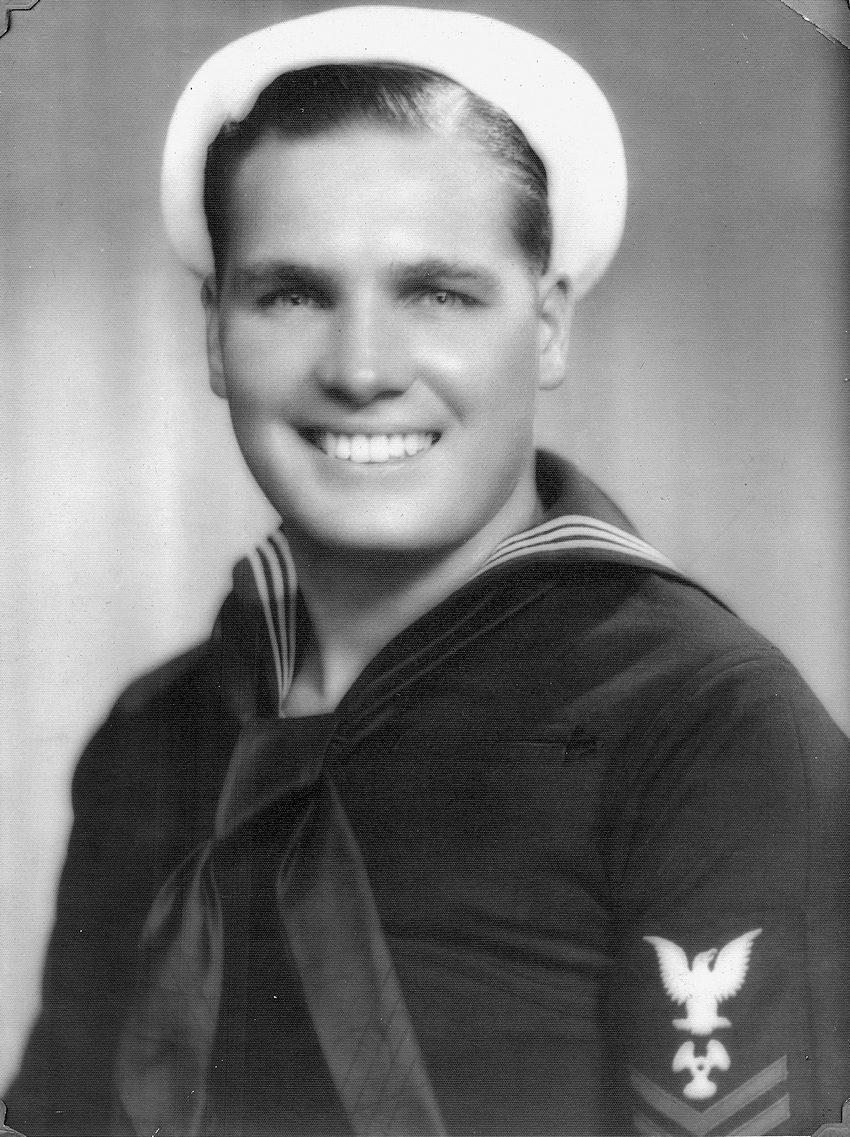 https://westoverfamilyhistory.org/wp-content/uploads/2016/03/111.jpg
565
901
Jeff Westover
https://westoverfamilyhistory.org/wp-content/uploads/2022/04/logo22.png
Jeff Westover2016-03-08 20:58:062024-03-03 12:24:17Seeing Yourself in Time
https://westoverfamilyhistory.org/wp-content/uploads/2016/03/111.jpg
565
901
Jeff Westover
https://westoverfamilyhistory.org/wp-content/uploads/2022/04/logo22.png
Jeff Westover2016-03-08 20:58:062024-03-03 12:24:17Seeing Yourself in Time https://westoverfamilyhistory.org/wp-content/uploads/2016/02/rootstech16.jpg
720
960
Jeff Westover
https://westoverfamilyhistory.org/wp-content/uploads/2022/04/logo22.png
Jeff Westover2016-02-08 04:43:572024-03-03 12:22:41Chuckin’ Chickens
https://westoverfamilyhistory.org/wp-content/uploads/2016/02/rootstech16.jpg
720
960
Jeff Westover
https://westoverfamilyhistory.org/wp-content/uploads/2022/04/logo22.png
Jeff Westover2016-02-08 04:43:572024-03-03 12:22:41Chuckin’ Chickens
The War Letters of Carl P. Begich
We are excited to announce the addition of the Carl P. Begich…

The Spirit of Receiving
As my Dad has labored this past year on the history of his Mother,…

Loris Westover Recalls His Military Experiences — Part 3
The final installment of this audio from Loris Westover.
Hear…
